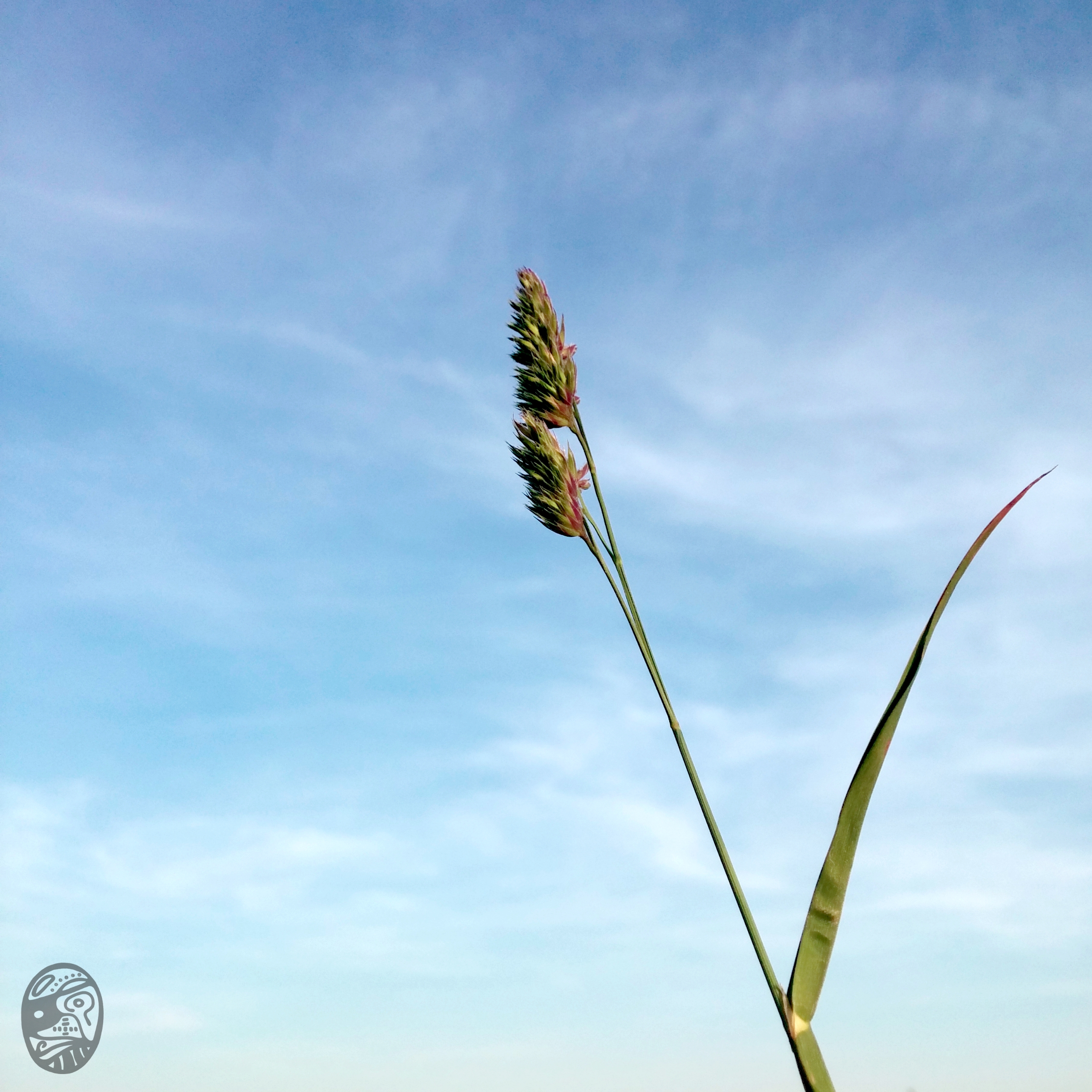
憂、懼|sADNESS, fEAR
最舒服的快樂,就是問心無愧。
The most comfortable hAPPINESS, is when the hEART*₁ feels nO gUILT.
《論語》的第十二書《顏淵》——第四章:
“The Analects”*₂, Book 12 – Chapter 4 (original written in Classical Chinese):
×××
司馬牛問「[君子₁]」。
子曰︰「君子不[憂₂]不[懼₃]。」
曰︰「不憂不懼,斯謂之君子矣乎?」
子曰︰「內[省₄]不[疚₅],夫何憂何懼?」
Sima Niu*₃ asked Confucius how to be a [rEAL mAN₁].
Confucius*₄ said, “Real man will feel no [sADNESS₂] and no [fEAR₃].”
Sima Niu then asked: “when one just feels no sadness and no fear, so is that real man?”
Confucius said: “real man [rEFLECTS₄] upon his heart, feels no [gUILT₅], why should he feel sadness and fear?”
×××
..,
nOTES:
*₁: Guilt is more associated with heart, instead of spirit, unlike in the western culture.
*₂: “The Analects” or “Analects of Confucius” – collected sayings and thoughts of great philosopher Confucius; it is one of the important canonical Confucian literature. Traditionally people believe that “The Analects” was written by disciples or followers of Confucius during the late Warring States period (475-221 BC) and its final revision was completed during the Emperor Cheng period (33-7 BC) in late Western Han Dynasty (206 BC-9).
*₃: Sima Niu (? -481 BC ?), also called Sima Geng (司馬耕), was one of the disciples of Confucius.
*₄: Confucius (551–479 BC) was an educator, philosopher and official of Lu State in the late Eastern Zhou Dynasty (ca. 1043-256 BC) during Spring and Autumn Period (770-476 BC), he was the founder of Confucianism and developed his Confucian theory of the five virtue elements: benevolence, righteousness, courtesy, wisdom and trust.
Alright gamers, I’ve been playing around on baazplaygame, and it’s actually pretty fun! The games are decent, and the interface is smooth. Gives it a shot, you might find something you like! Explore more at baazplaygame